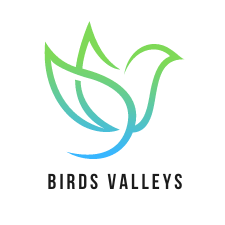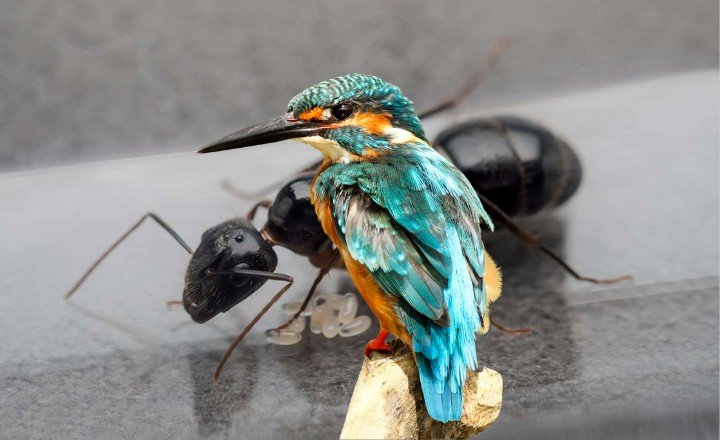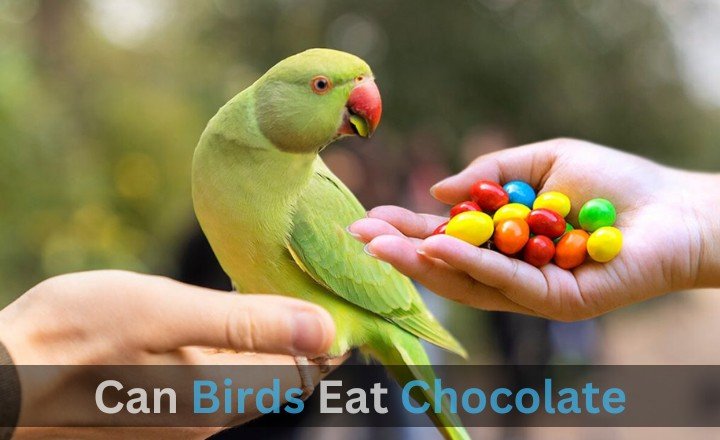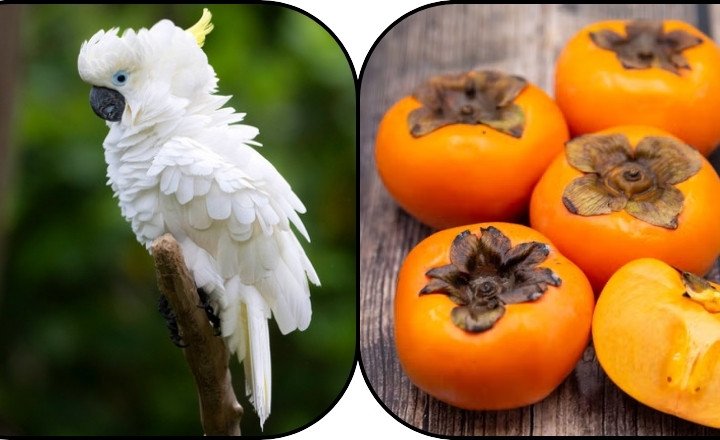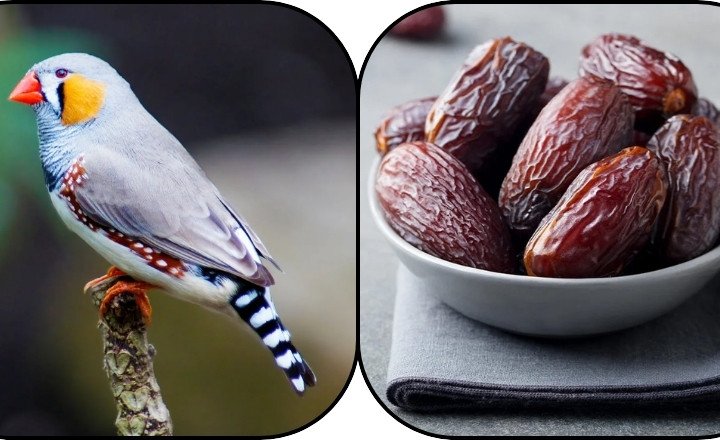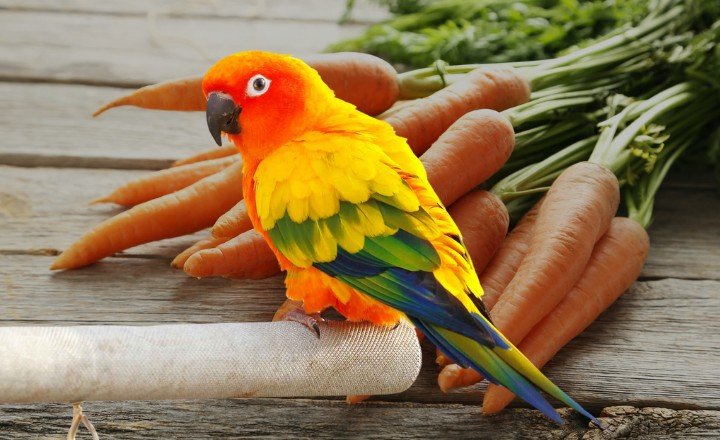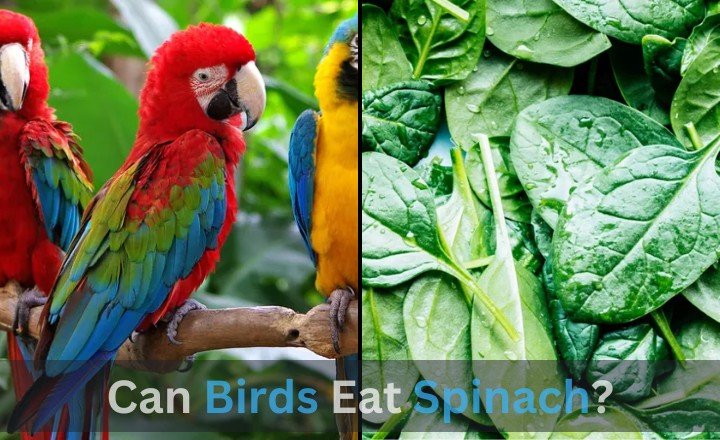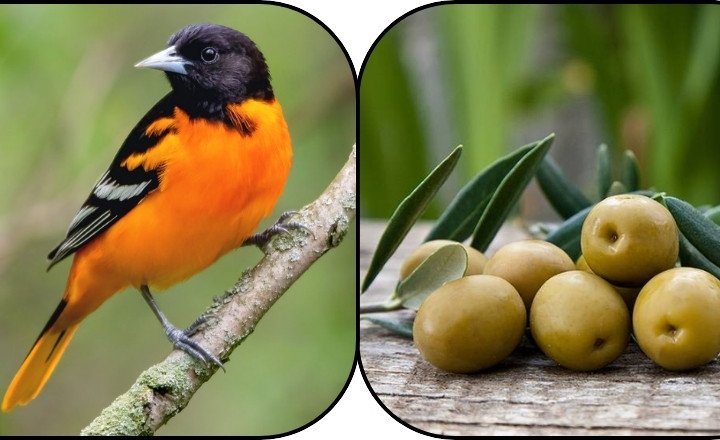Can Birds Eat Ants? Disadvantages of Ants For the Birds
As a birdwatching enthusiast, I often perched quietly in my favorite spot, binoculars in hand, captivated by the vibrant flurry of feathers that dance through the trees. But beyond their stunning colors and melodic songs lies an intriguing question that piques my curiosity, can birds eat ants? This seemingly simple inquiry shows the complex relationship between avian species and their environment.
As I delve deeper into this fascinating subject, I discover that the answer reveals much more about these creatures than mere dietary habits it speaks to their adaptability and survival skills in ever-changing ecosystems. In this article, we explore the world where birds meet ants and uncover the secrets of nature’s intricate web!
What are the Ants?
Ants are remarkable insects that belong to the family Formicidae, with over 12,000 identified species worldwide. These social creatures thrive in complex colonies and exhibit fascinating behaviors such as foraging, building intricate nests, and even farming other insects like aphids for their secreted honeydew. Unlike solitary workers such as Ticks, which remain isolated in search of hosts, ants demonstrate the power of collective effort, with some colonies numbering in the millions. This interconnectedness not only enhances their survival but also contributes significantly to ecosystems by aerating the soil and decomposing organic matter.

Beyond their ecological roles, ants have adapted unique relationships with various plants for example, some cultivate fungus on decaying organic materials which serves as a food source. Interestingly, certain species exhibit mutualism with plants that produce seeds called elaiosomes nutrient-rich structures they carry back to their nests after foraging.
Can Birds Eat Ants?
Birds are remarkably adaptable creatures, and their diets can often surprise us. In Michigan, where the environment is rich with diverse ecosystems, many bird species eagerly take advantage of the local ant population. Ants are not only abundant but also packed with protein and essential nutrients, making them a valuable food source for birds. Species such as chickadees and warblers have been observed snatching ants off tree trunks or foraging in leaf litter during warmer months.
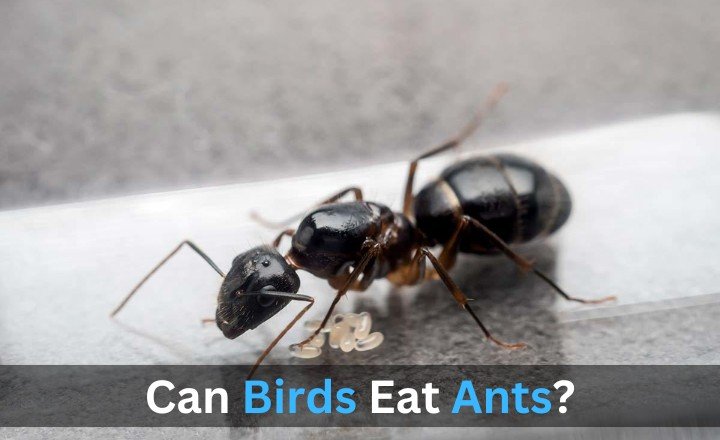
Offering sesame seeds to backyard birds can attract those who may otherwise overlook conventional seed feeders. While Sesame Seeds alone won’t replace an insect-rich diet, they provide additional energy and nutrition alongside insects like ants. This synergistic approach to feeding enhances your garden’s allure, inviting a broader variety of avian visitors who appreciate both seeds and insects.
Do the Birds Eat Ants or Not?
Birds, in their diverse array of species, display fascinating eating habits that often include ants as part of their diet. In states like Iowa and Florida, where various bird populations thrive, observing this behavior can be particularly enlightening. For instance, ground-feeding birds such as sparrows or warblers actively seek out ants on the forest floor or Grasslands. These tiny insects not only supply a rich source of protein but also provide essential nutrients that support avian health during breeding seasons.
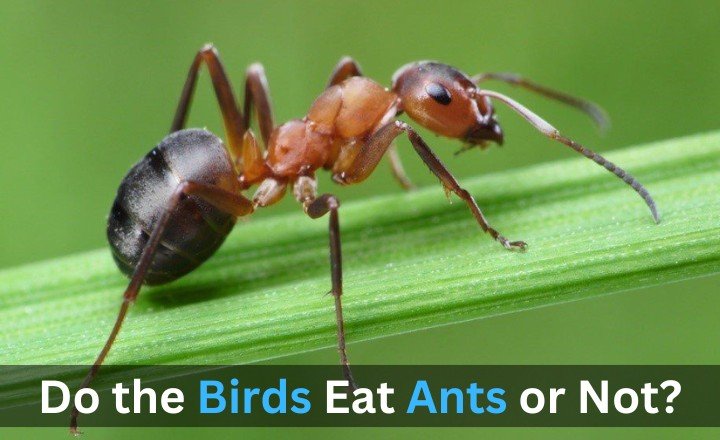
The affinity for ants varies among species. While some birds eagerly consume them taking advantage of swarming ant colonies others may prefer more traditional prey like seeds or fruits. In wetland habitats common in Florida, species including red-winged blackbirds might indulge in ant meals during periods when other food sources are scarce.
Advantages of Ants For the Birds
In the complex tapestry of nature, ants serve as an often-underappreciated food source for Green Birds. These vibrant creatures, known for their striking plumage and energetic behavior, derive not just sustenance but also a range of nutritional benefits from consuming these tiny insects. Ants are rich in protein, essential amino acids, and healthy fats, which are crucial for the growth and energy needs of green birds during mating seasons or migration periods. By incorporating ants into their diet, these avian species can enhance their overall vigor and reproductive success.
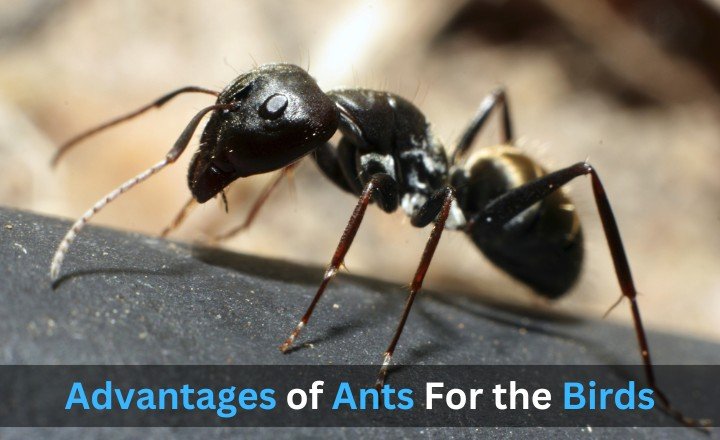
Eating ants may contribute to maintaining balanced ecosystems. Green birds play a pivotal role in pest control by preying on ant populations that might otherwise pose risks to local flora. This natural regulatory effect fosters healthier habitats where plants can thrive without excessive predation from insect communities.
Disadvantages of Ants For the Birds
While many brown birds are highly adaptive and often feast on ants as an essential part of their diet, there are notable disadvantages to this practice that can impact both their health and the environment. One of the primary concerns is the potential accumulation of environmental toxins in ant populations.
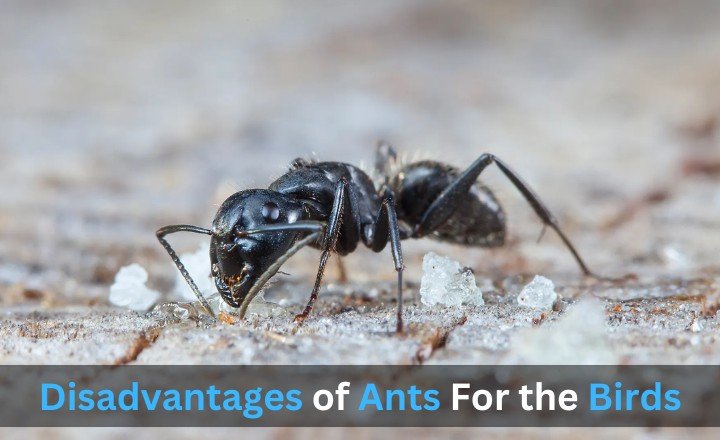
Ants, which often thrive in urban areas, can absorb harmful substances from pesticides and pollutants, inadvertently passing these contaminants up the food chain to birds that consume them. This bioaccumulation poses risks not only to individual brown birds but also affects overall population health and reproductive success.
Relying heavily on ants can lead to nutritional imbalances for these feathered creatures. While ants do provide protein, they lack certain vital nutrients found in a more diverse diet. Brown Birds that fall into the trap of being choosy eaters may miss out on important vitamins and minerals necessary for optimal physical condition and robust immune responses.
Tips For the Bird Owner
Feeding ants to your birds can be a delightful way to enrich their diet and stimulate natural foraging behaviors. It’s essential to ensure that the ants are sourced safely and avoid those found near pesticides or harmful chemicals. Offering live ants presents an exciting challenge for your feathered friends, as they’ll engage in instinctual hunting behavior that mimics what they’d do in the wild.
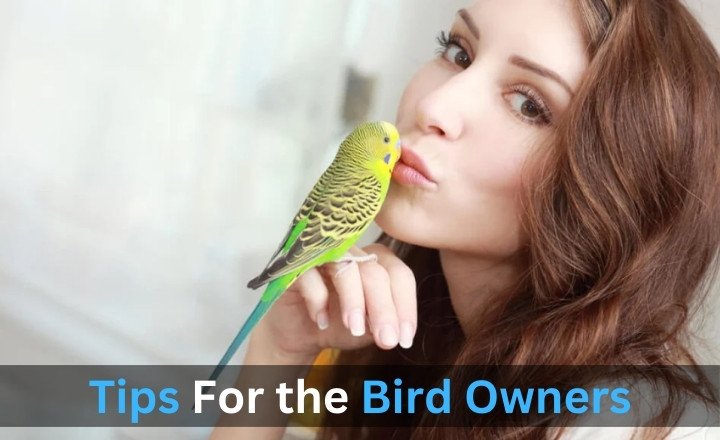
When incorporating ants into their diet, consider varying the type you provide some species offer more protein than others, enhancing nutritional diversity. Try mixing crushed ant larvae or pupae with standard seed mixes, this not only boosts protein intake but also introduces new textures that may intrigue fussy eaters.
Concluding Thoughts on ‘Can Birds Eat Ants’
Birds certainly can eat ants, and many species actively incorporate these insects into their diets. Ants provide essential protein and other nutrients that help support the health and energy levels of various bird species. It’s important to note that not all birds will consume ants, as dietary preferences vary widely among different avian families.
FAQs
Do Chickens Eat Ants?
Chickens are natural foragers, and their diet is surprisingly diverse, often extending to include insects like ants. These feisty little critters not only provide a protein boost but also introduce essential nutrients into a chicken’s diet.
Do Birds Eat Ants in Australia?
In Australia, a diverse range of bird species have adapted their diets to include ants, and this behavior highlights the intricate relationships within ecosystems. For instance, the common Australian magpie is known not only for its melodic song but also for its opportunistic feeding habits.
Do Pets Eat Ants?
While it might seem unusual, many pets, especially dogs and cats, can’t resist the tiny movement of ants and may eagerly consume them when they come across a trail. In most cases, this behavior is harmless many animals are naturally curious and will explore their environment by tasting various items.
Can I Feed My Ants Chicken?
Feeding ants chicken can be a fascinating choice that offers both nutritional benefits and an opportunity to observe unique ant behaviors. Ants are omnivorous, meaning they consume a variety of foods, including proteins found in meats like chicken.
